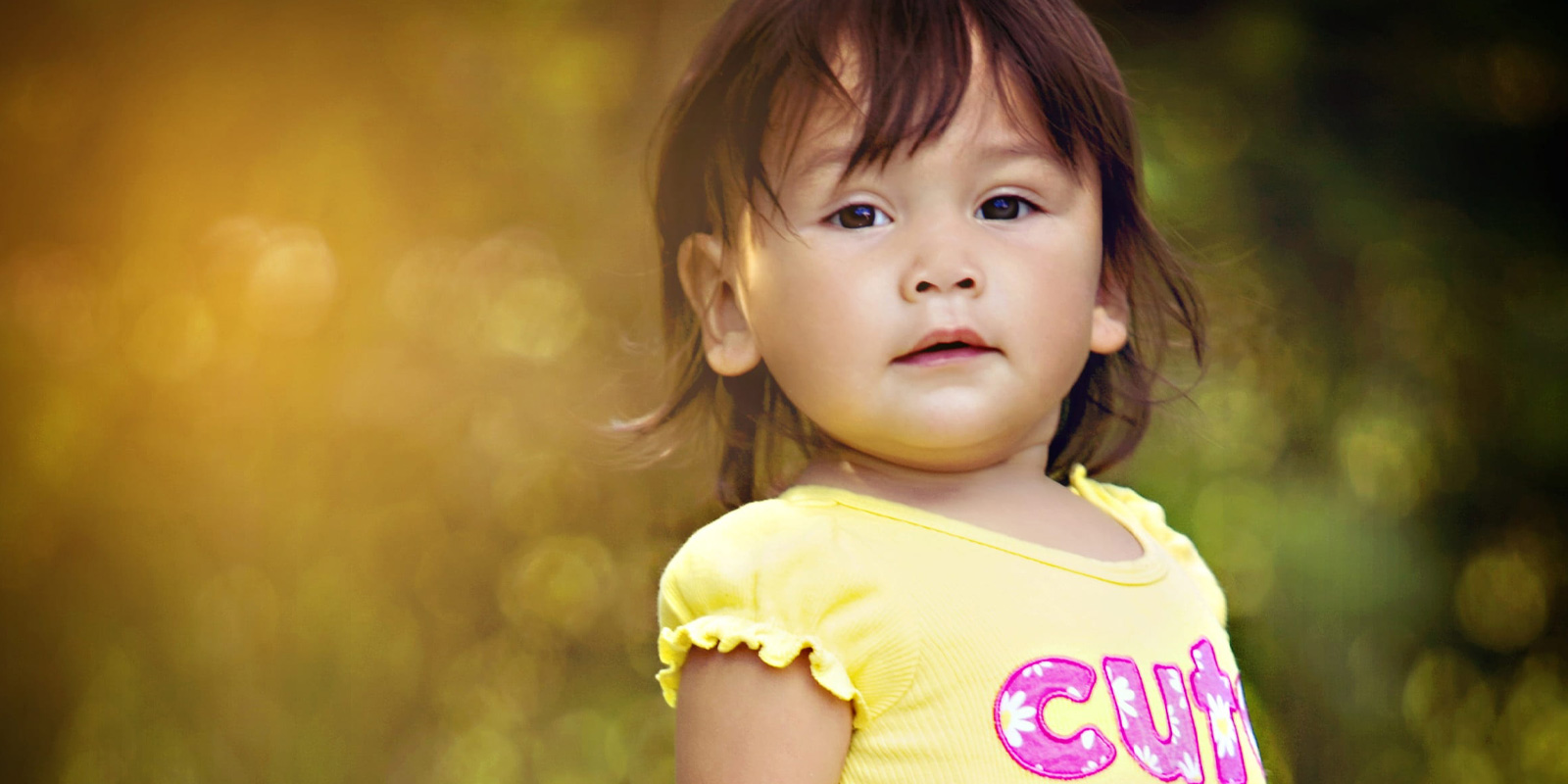Maintaining a work-life balance is always a challenge, especially since the COVID-19 pandemic abruptly altered our lives and routines. Families are in quarantine together in one place every day. Many of us are working from home. Children aren’t attending school but instead, learning remotely. Childcare programs are closed. Playgrounds and pools may remain closed or will open later, with significant changes.
So maintaining a healthy balance between work and non-work activities is even more essential than usual. Younger children, especially those under five—and let’s face it, spouses too—feel that if the parent is home, the parent should be constantly available, which sets up struggles that intensify stress.
While such togetherness and a lack of the usual resources will likely inspire new horror films and comedy series, this quarantine period also provides a positive reminder for us to slow down, be present and reclaim the wonder.
This article explores some easy and no-cost general tips for planning focused time together that’ll spark curiosity and merriment for all ages. (Leave your cellphone in a drawer.) We encourage you to enjoy your times together – outside as much as possible. And then, when we emerge from these times, maintain your healthy outdoor companionship routines.
1.Be present with your child – outside as much as possible. “If a child is able to keep alive her inborn sense of wonder without any such gift from the fairies, she needs the companionship of at least one adult who can share it, rediscovering with her the joy, excitement and mystery of the world we live in.” This Rachel Carson quote is often used by educators to capture the undeniable importance of getting outside. Just as important, try reversing the child/adult roles: “If an adult is to keep alive his inborn sense of wonder without any such gift from the fairies, he needs the companionship of at least one child who can share it, rediscovering with him the joy, excitement and mystery of the world we live in.” Everyone reaps rewards by nurturing the joy, excitement and mystery of the natural world we live in.
2.Make time and opportunities to be outdoors together. Go outdoors every day (adhering to current quarantine protocols.) Spend time just sitting, lying on your backs watching the sky and talking together. Soak in nature’s beauty and talk about it—colors, shapes, smells, textures—with your child. This will help everyone to relax and better cope with the unsettling changes to our routines.
3. Create rituals that are consistent, relaxing and fun. How about this for a new routine? Greet the morning every day by going outside, and end the day by saying goodnight to the evening sky. Each time you go outside take three deep breaths together, inhaling and exhaling through your nose. Let your child initiate the conversation by telling you what they notice and what they wonder about a natural object that grabs their interest. Let the kids take the lead. Let the kids teach you. Cuddle and read a book together. Plant a seed or a beginner plant and watch it grow over time.
Play—simple unencumbered play—is vital to our healthy growth and development.
There are countless lists of “fun things to do” with your children. The best “thing to do” is to be present and outdoors as much as possible. And the best ideas are those that are rooted in shared companionship to cherish.
- Observe! Go outside, lie on your back, don your cool shades, enjoy watching the clouds. Stay awhile. Then stand up and imitate the clouds’ movement anyway you want. Or, play charades by acting out any animal while others guess.
- Put a new spin on the “the summer slide,” that time of lost learning. How about a summer Slip’n’Slide or a whirling sprinkler? Even a garden hose or water-filled balloons are shriek-worthy and laugh-inducing. Note: Even the most frivolous activities can enrich conversation that builds speaking and listening skills and overall language development. You are seeding their memories with a storehouse of experiences to draw strength from and write about.
- Design your own Nature Detective badge. Go outside together and talk about what grabs your attention. What do you notice? What do you wonder? Take turns discussing what you see. Wear your badge proudly.
- Make up a story. Go outside, lie on the ground or on a towel. Look at the grass. Touch the grass. Smell the grass. Use your imagination, shrink yourself and become an insect that lives in the grass or in the dirt. Make up a story. Share that story with a sibling or adult.
- Draw what you see. Go outside. Take a piece of paper, a sharp pencil or colored pencils, if you have them. Find anything that captures your attention and sketch it. For example, compare the bark on two different species of trees. By observing carefully and drawing, you nurture your keen scientific observation skills.
- Take deep breaths. Go outside. Sit. Focus on your breath. Breathe some more. Breathe deeply. Breathe deeper. In your head count to 5 as you breathe in. Breathe out at same pace: 1-2-3-4-5. Get in a smooth, deep rhythm. Stand slowly and stretch gently. Feel refreshed.
Explore More
- Read: Helping Children Connect with Nature Through Gardening
- Read: Building Young Brains When Schools are Closed: Outdoor Tips and Activities
- Read: Tackling the Play Deficit
- Read: Little Peepers Forest Preschool: Learning the World Just Outside the Doorway
- Read: The Mind-Building Magic of a Muddy Childhood
- Read: Act Naturally: The Benefits of Wet Hands and Muddy Feet

MaryJean McCarthy
Professor MaryJean McCarthy is a Clinical Associate Professor at Adelphi University’s College of Education and Health Sciences, having worked there for over 25 years, and was a science classroom teacher for 13 years. Her particular interests are environmental stewardship, citizen science, science inquiry and professional development. Her love of the outdoors began as a young child, when she, along with her siblings, explored the woods of Kirtland, Ohio, and enjoyed family camping vacations. Many years as a distance runner also contributed to her connection with nature. Her husband, Bob and four grown children, Ellen, Bridget, Katherine and Robert, live in Long Island, NY. They cherish family time together - often spent outside in their backyard populated with native plants, at the beach or hiking.



